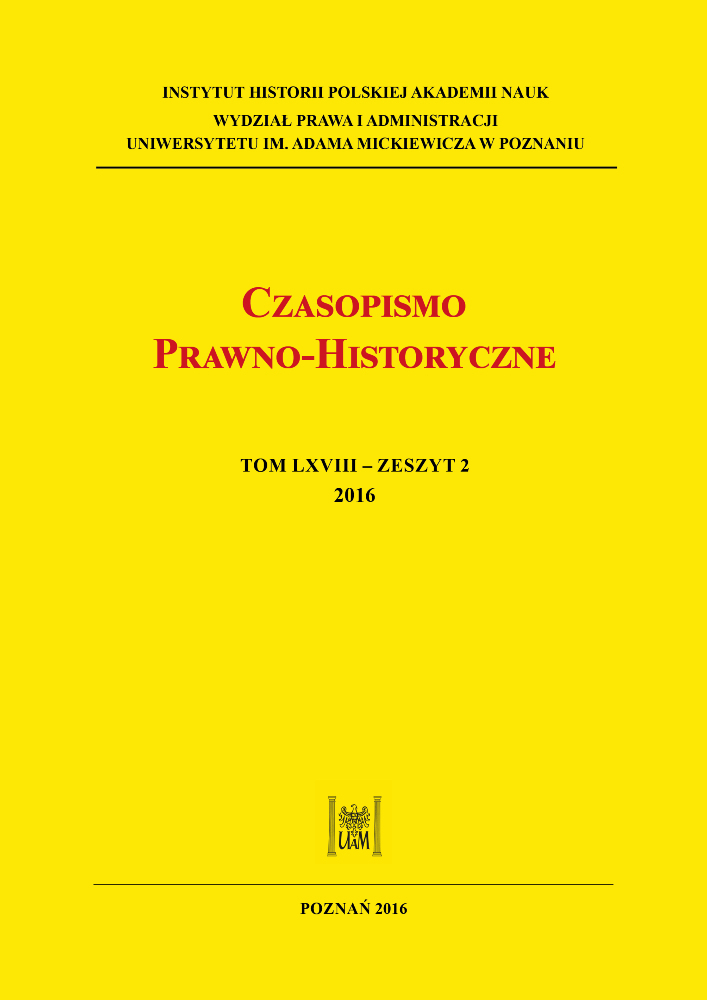Abstract
Baruch Spinoza (1632-1677) was arguably the fi rst modern liberalist. His Theologico-Political Treatise (henceforward, “TPT”, followed by chapter number), which contains among other things a principled defense of free speech, was published anonymously in 1677, twelve years before John Locke’s charter of liberalism, Two Treatises on Government (1689), but it has been unduly, although understandably, neglected. It is also true that Thomas Hobbes and René Descartes had a huge infl uence on Spinoza, but neither of them can be called a liberalist, let alone a defender of free speech. In this article, I will try to show that Spinoza’s argument for free speech is, despite its interpretative diffi culties, an important milestone in the development of the doctrine of free speech.License

This work is licensed under a Creative Commons Attribution-NonCommercial-NoDerivatives 4.0 International License.




